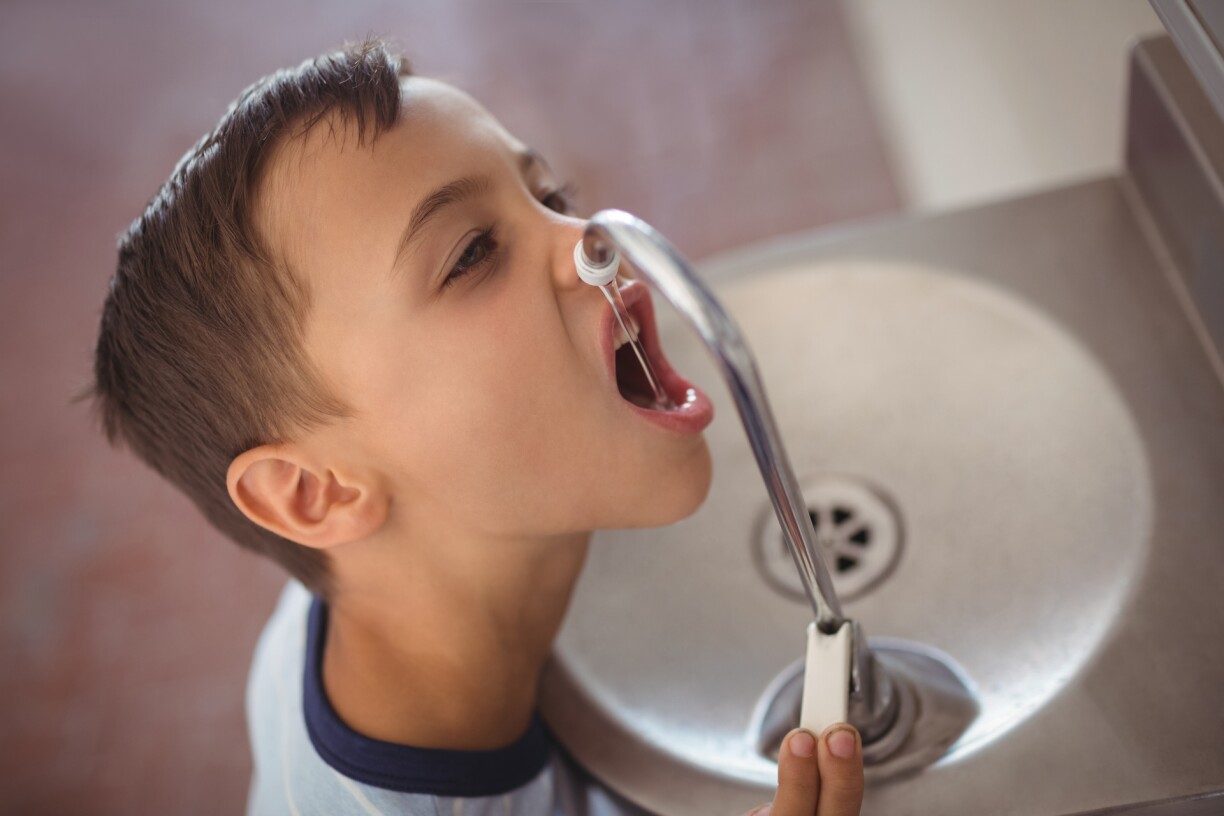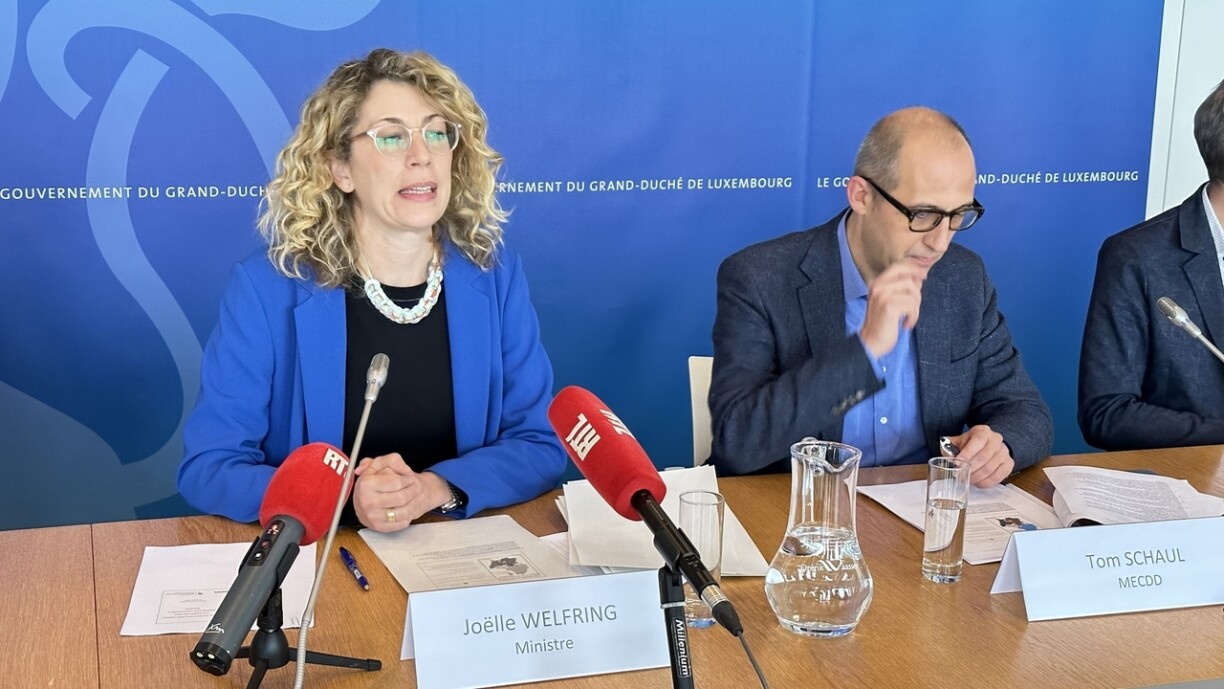
Luxembourg’s drinking water is a mixture of equal parts groundwater and surface water. Regular drinking water consumption in Luxembourg has doubled over the last 15 years. As a result, drinking water is increasingly viewed as a local and reliable food source.
Watch: Where our tap water comes from on RTL Play
A new law was passed at the end of December to further guarantee the quality of drinking water. It came into force on 1 January 2023. The new law intends to improve access to drinking water, for example, by installing fountains in public places.
In addition, tap water will be made available in public buildings and administrations. The Ministry of the Environment also wants to encourage restaurants to offer tap water free of charge or at a low price. However, this will remain up to the individual restaurants, and there are no plans to make it mandatory.
Read: HORESCA responds to pilot project on free tap water
To continue to guarantee quality, standards in particular must be updated, explains Tom Schaul of the Ministry of the Environment: “Some limit values of certain parameters are becoming stricter, such as lead, while others, such as those for plant protection products, are becoming more specific.”
Minister for the Environment Joëlle Welfring stated that imposing a single water price for all of Luxembourg’s 102 municipalities will be difficult due to the variety of local infrastructure.
Welfring also pointed out that “if you take a closer look, it’s not necessarily something that everyone wants.” Nevertheless, the Minister assured that the government would “definitely look into it.”
The president of the Association of Luxembourg Cities and Municipalities (Syvicol), Emile Eicher, confirmed that a standardised water price has been the subject of “heated debates” among municipalities. However, he added that the price difference for wastewater is considerably higher than that for drinking water.

Municipalities in Luxembourg bear a special responsibility for the supply of drinking water. In fact, the privatisation of drinking water supplies is prohibited by law in the Grand Duchy.
The increase in energy prices does not have a direct impact on household water bills, according to Welfring.
The Minister explained that the price is determined by various sectoral categories, with the industrial sector and other consumers sharing the costs. Citing the Water Association of the Esch-sur-Sûre dam (SEBES) as an example, Welfring stressed the importance of “tackling energy prices more actively by focusing on renewable energy for yourself.”